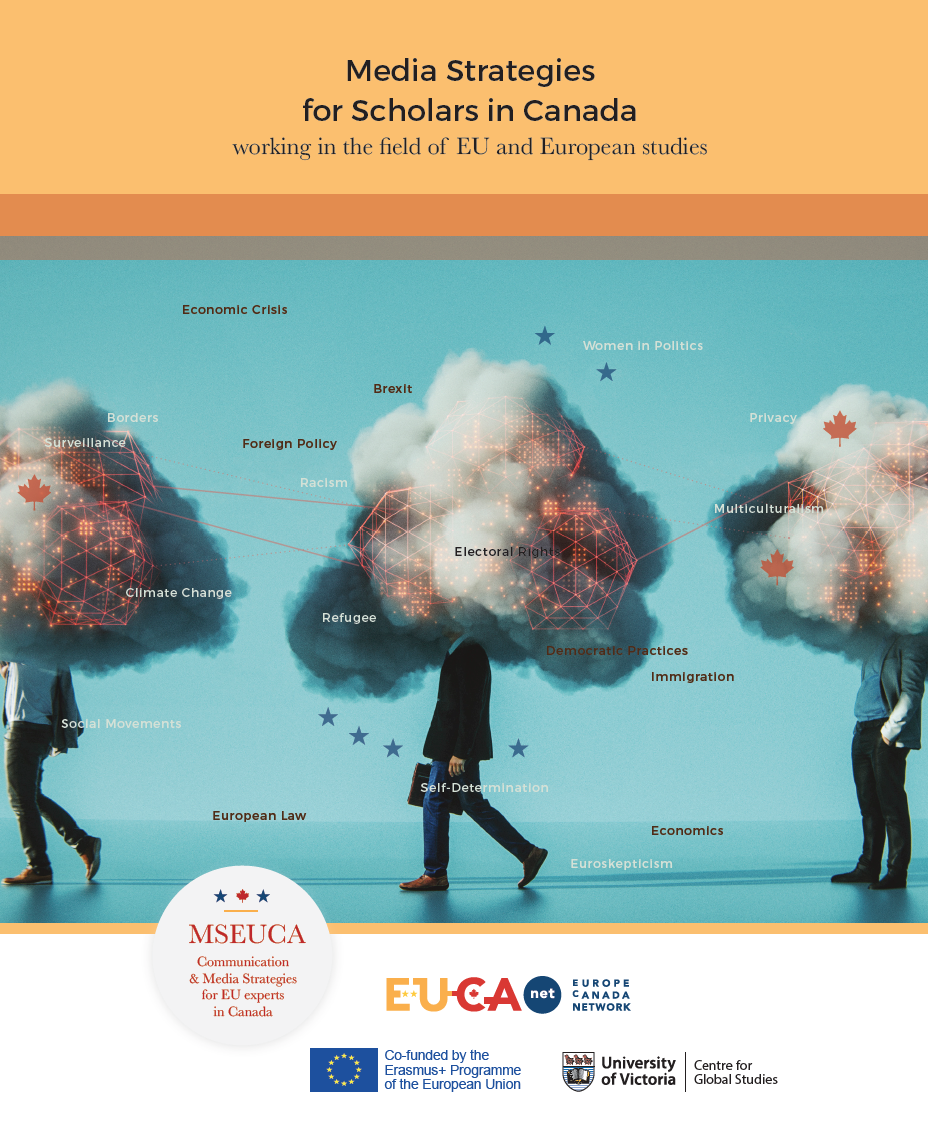Media Strategies for Scholars in Canada working in the field of EU studies
There are many reasons for scholars to engage with traditional and social media. It must be said, though, that the field of EU and European Studies poses its own, specific opportunities and challenges. Importantly, Europe and Canada share some essential features when it comes to the economic, social and political fundamentals. This familiarity means that, in principle at least, a Canadian audience has a basic understanding and, hopefully, interest in what is happening in Europe.
Furthermore, these similarities can also open the door for meaningful comparisons. For instance, when we speak about political developments such as climate change policy or security concerns, it is relatively easy to explain European issues by establishing parallels with examples from a Canadian context.
In addition, Canada, the EU, and its member states share very similar policy challenges. Speaking on media how issues of, for instance, the carbon tax, migration or social policies are addressed can fruitfully be done with a view to possible new insight coming from a comparative transatlantic policy. At the same time, experts in European Studies need to be aware: local and domestic issues tend to resonate more strongly with audiences.
One needs to make European issues interesting and appealing to find broad resonance in a Canadian context.
Our media guide brings together the experience of over 20 experts from Canada and Europe and summarizes the outcomes of our Jean Monnet project “Communication and Media Strategies for EU experts in Canada (MSEUCA).
Our guide reflects the insights of our experts and communications officers involved in outreach activities across Canada.


